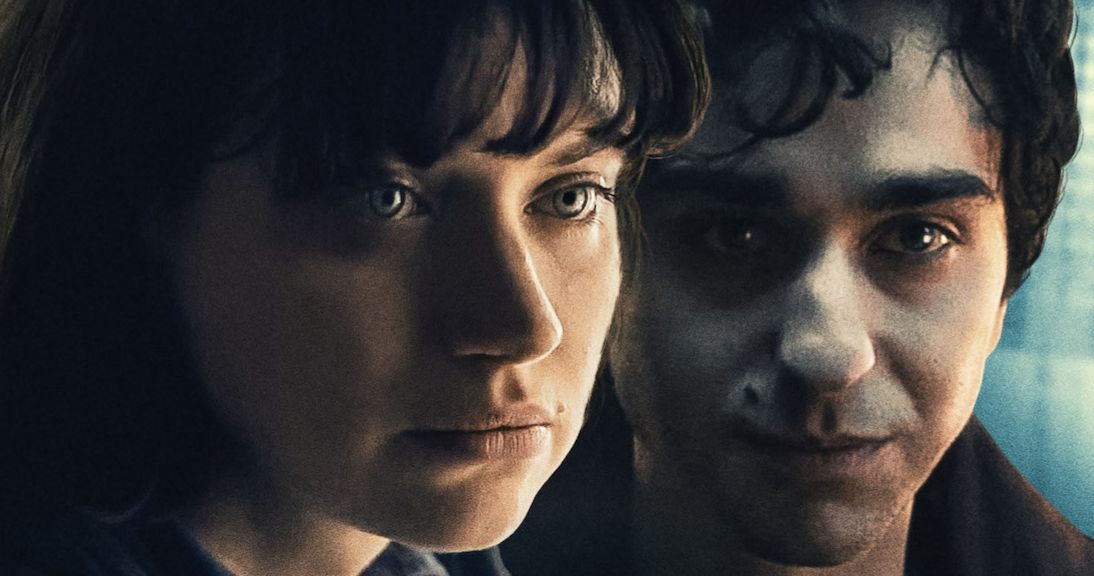As the world is ravaged by the novel coronavirus, another public health crisis continues to take a devastating toll. Castle in the Ground is a harrowing descent into the depths of opioid addiction. It vividly portrays the downward spiral and eventual rock bottom of prescription drug abuse. The criminal aspect of the plot becomes too fantastic. Especially when other heady themes are developed, then strangely ignored. The lure of a quick fix to dull the pain is understood. The agony of withdrawal erases all convictions and boundaries.
Castle in the Ground takes place in Sudbury, Canada circa 2012. Henry (Alex Wolff) shares a small apartment with Rebecca (Neve Campbell), his cancer stricken mother. Henry foregoes college to be his mother's caretaker. He dutifully crushes her pills, goes to the pharmacy, and drives to medical appointments. Henry embraces his Jewish faith. He prays for his mother's recovery.
Henry is transfixed by a raucous new neighbor. Ana (Imogen Poots) has a steady stream of shady guests. He witnesses her melt down while trying to fill a prescription. Henry is drawn into Ana's life as his mother's health worsens. Ana gains his trust when Henry begins to self-medicate. He rejects his loving girlfriend (Star Slade) as addiction takes hold. Henry becomes ensnared in Ana's duplicity. She is being hunted by dangerous drug dealers.
Castle in the Ground reminded me of Darren Aronofsky's classic heroin drama, Requiem for a Dream. A man, his mother, and female companion are destroyed by drugs. Castle in the Ground isn't on that film's level, but quite effective in showing the awful truth. Prostitution, theft, and violence are the inevitable outcomes. You will do and say anything to get high. There's nothing sexy, provocative, or intriguing about addiction.
The twisted relationship between Henry and Ana is gripping. Co-stars Imogen Poots and Alex Wolff feed off each other's wretched performance. Ana sweats, jitters, and lies her way to each fix. She is lost, but not innocent. Henry's dedication to his mother is transferred to Ana. The women are addicts for different reasons. Servicing their needs gives Henry purpose. It is a tragic dynamic that makes him an enabler and victim at the same time.
Castle in the Ground hits a few rough patches. Henry's religious focus vanishes after the first act. We can infer he loses faith, but the script never fully explores that arc. Henry goes from orthodox Judaism to junkie in a flash. Writer/director Joey Klein (The Other Half) shoots the characters in close focus under low lighting. The film is seen from Henry's point of view, sometimes in flashbacks. Klein pulls the camera away in pivotal scenes and blurs the action purposefully. This is done to depict Henry's drug-addled confusion. The cinematography and style choices impede the narrative during crucial moments.
Castle in the Ground is bleak as hell, but worth watching. It is a no holds barred, honest account of addiction. The climax is strangely executed, but the message delivered is clear. Castle in the Ground shines a spotlight on the doctors and pharmaceutical industry that fueled the opioid epidemic. The characters could be from any small town in North America. Castle in the Ground is a production of Woods Entertainment. It is available digitally on demand in Canada from Pacific Northwest Pictures and Gravitas Ventures in the United States.

